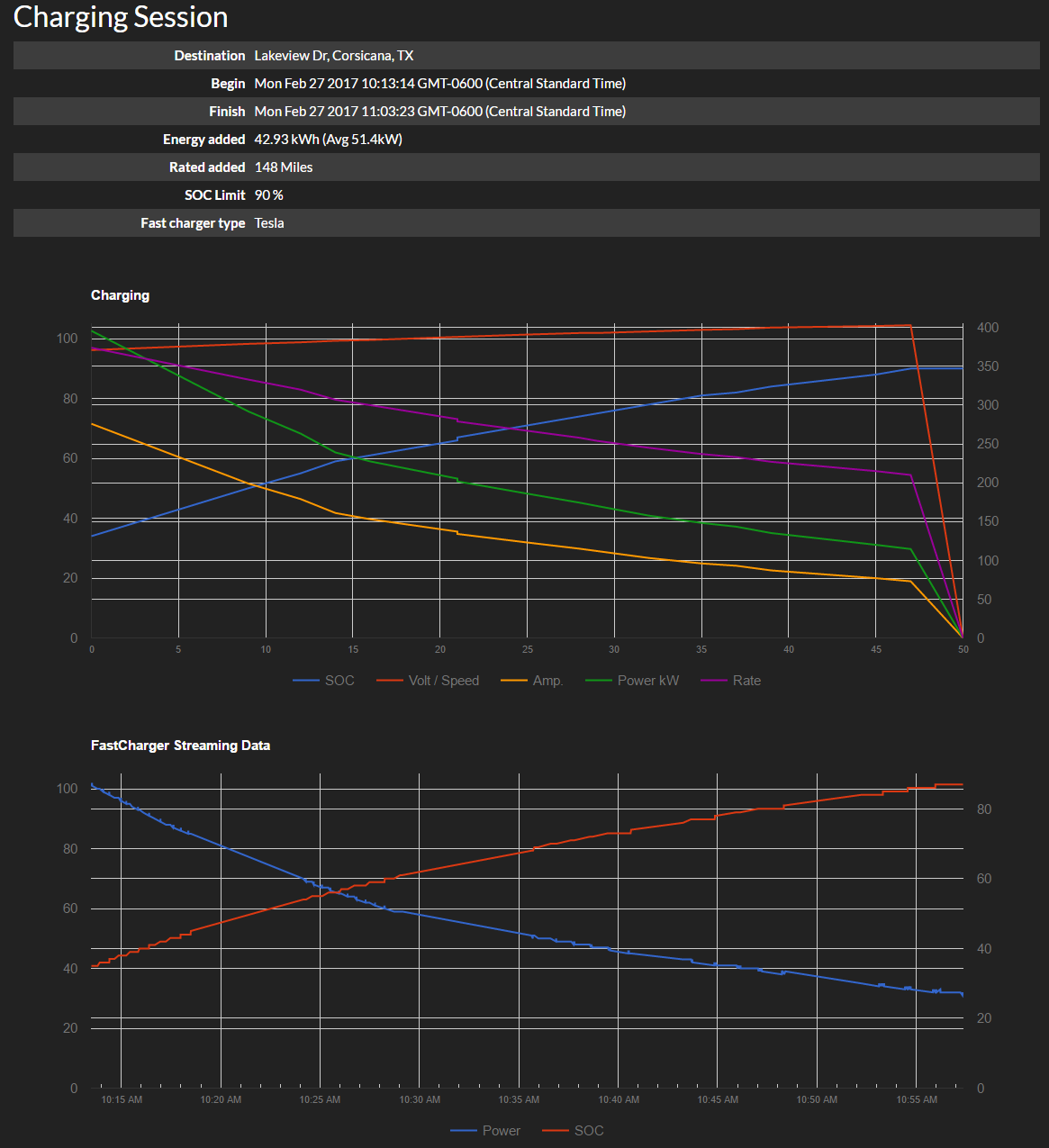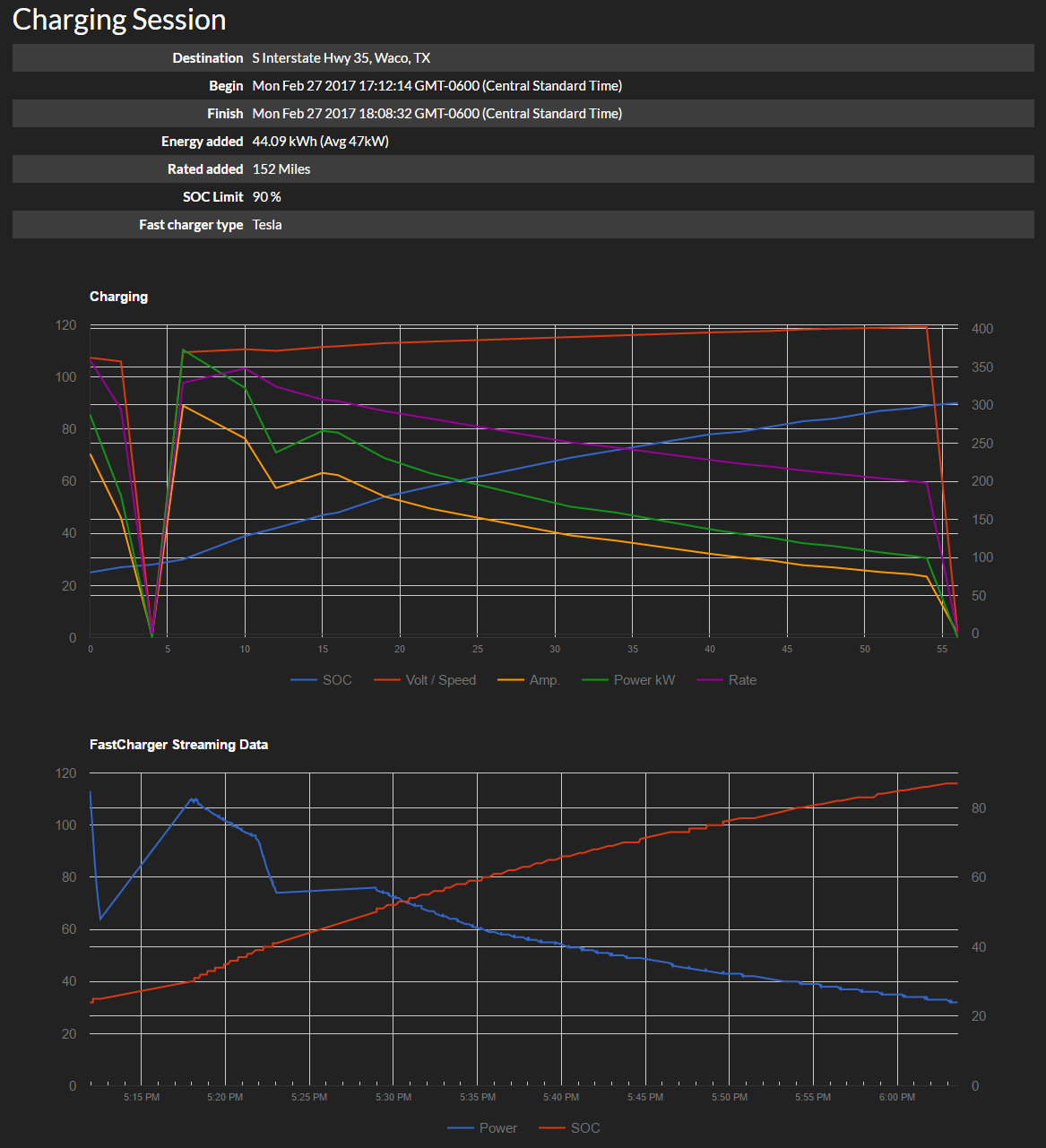hill
high fiber member
yes people vary - & that's why a low range / low cost smart car can work for some. You know what you get based on what the seller states. Pay 6 figures for range & charge speed, then STOP getting what you PAID for ....? Bye bye. customers betrayedMy wife enjoys the break during long trips. She also prefers to drive my Smart Electric for the school run in the morning. I get your situation is different but not everyone has your same situation...so why dissuade others from Tesla purchases if they drive long distance. That's my point... not that you don't have good personal reasons, just that people vary .......
.
Last edited:




